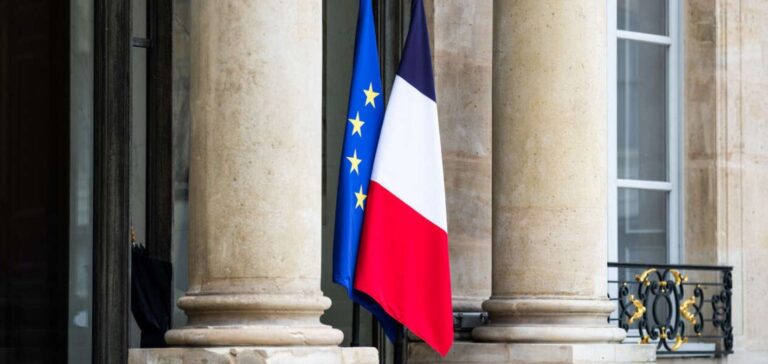For several years now, France and the European Commission have been at odds over renewable energy development targets. In 2009, a target was set for France to achieve 23% of its final energy consumption from renewable sources by 2020. However, Paris has failed to achieve this goal, leading to continued criticism from Brussels.
Last December, France was once again called to order for having submitted an energy transition plan (Pniec) deemed insufficient. The project set a target of 33% renewable energy by 2030, well below the 44% required by a 2018 European directive.
An Unchanged Strategy
Despite the criticism, France persists with its energy strategy. The updated version of the Pniec, recently published by the European Commission, shows that France is maintaining the same targets for the development of renewable energies. The French government prefers to insist on a “decarbonized” objective, including nuclear power, which is low in greenhouse gas emissions.
Under the plan, France aims to achieve a 58% share of decarbonized energy in itsfinal consumption by 2030. Paris maintains that this will contribute fully to European climate objectives. The government stresses that the 23% renewable energy target set for 2020 will finally be reached in 2024.
Risks and Prospects
The French government has written to the Commission to explain its refusal to retroactively purchase renewable energy production volumes from other countries, as provided for in the directive in the event of non-compliance with targets. This position could expose France to potential sanctions from the European Commission.
However, with renewed interest in nuclear power in Europe, France is hoping to rally other states to its cause, replacing renewable targets with decarbonization targets. The national plan targets a gross reduction in greenhouse gas emissions of at least 50% by 2030 compared with 1990 levels.
Consultations and Future Challenges
The updated Pniec is not definitive, as it incorporates three strategic documents yet to be submitted for public consultation. These documents are the Multiannual Energy Program (PPE), the third National Low-Carbon Strategy (SNBC-3) and the third National Climate Change Adaptation Plan (PNACC-3). The timetable for these consultations is subject to post-legislative political negotiations.
The French approach highlights a central challenge for the EU: finding a balance between different types of decarbonized energy sources while respecting common objectives. The discussion on the inclusion of nuclear power in decarbonization targets could redefine future European energy policies.





















